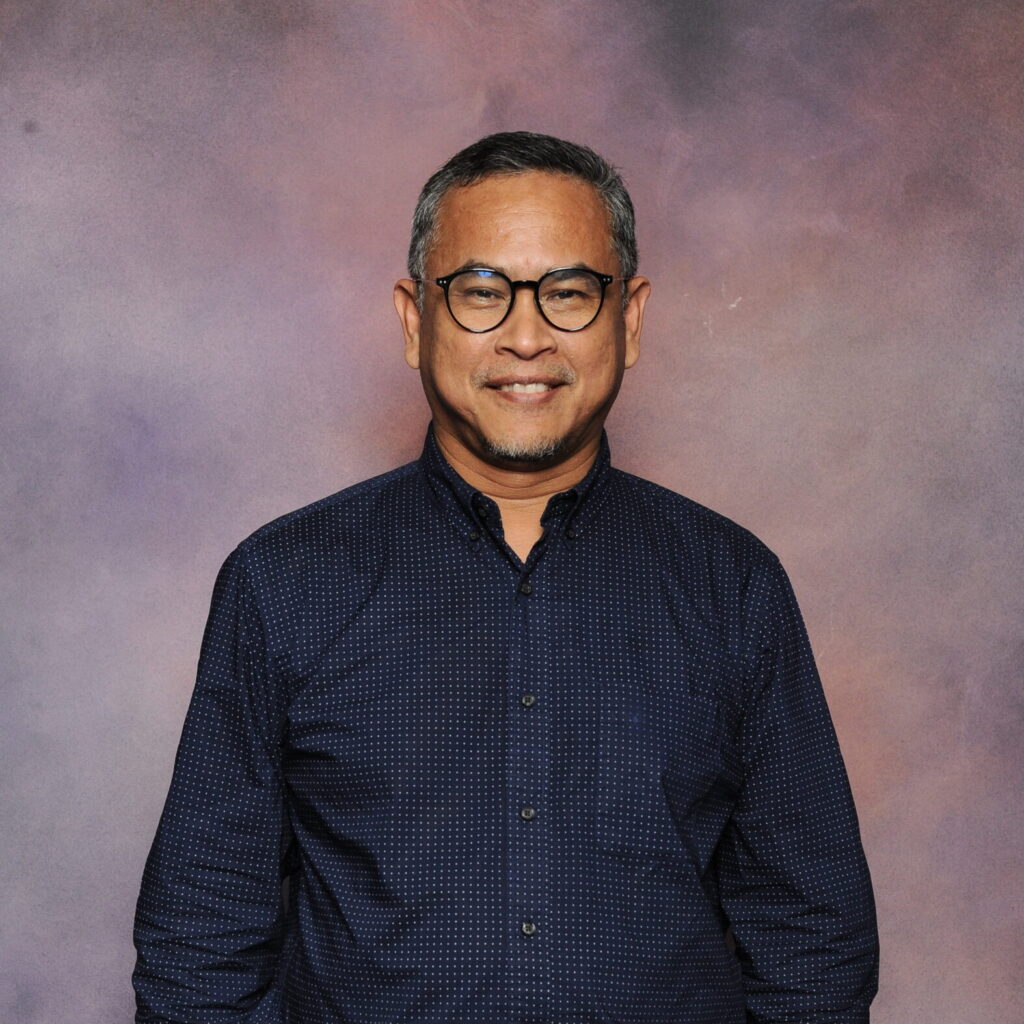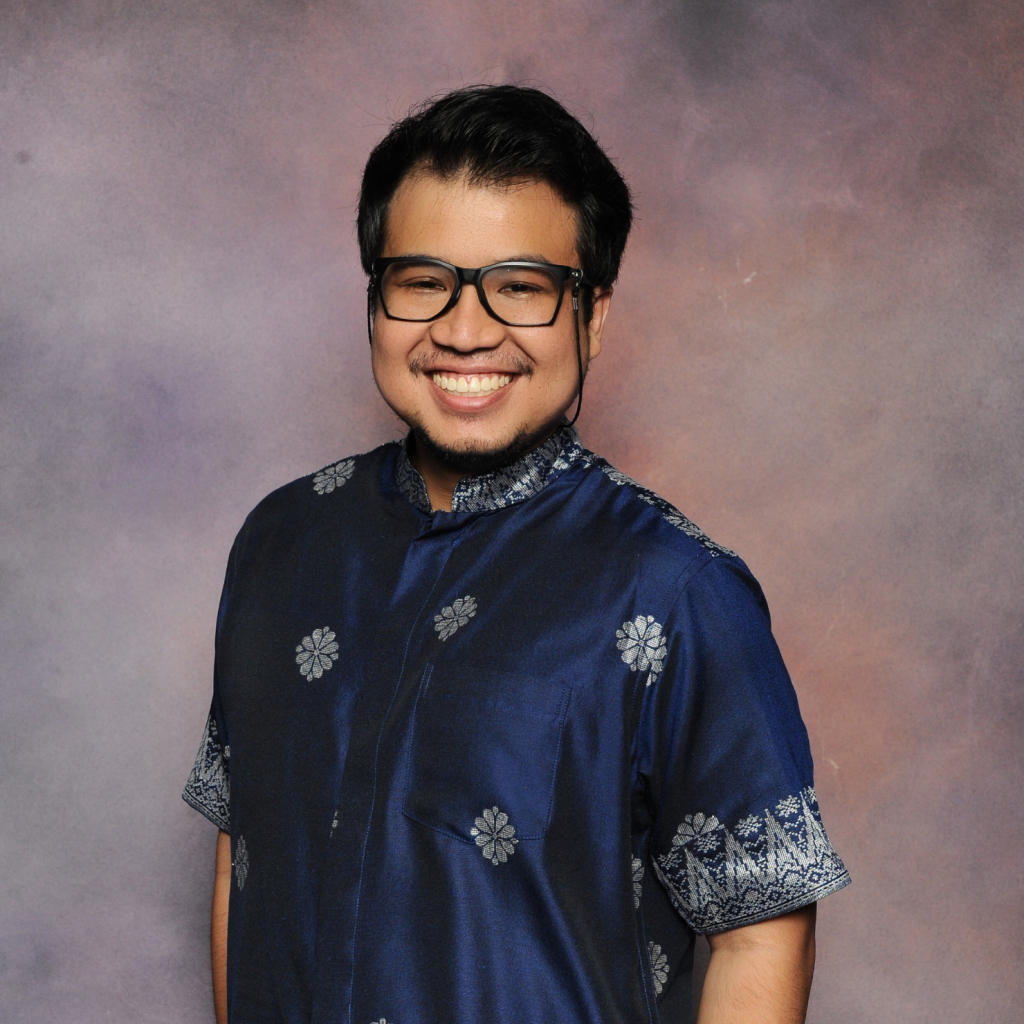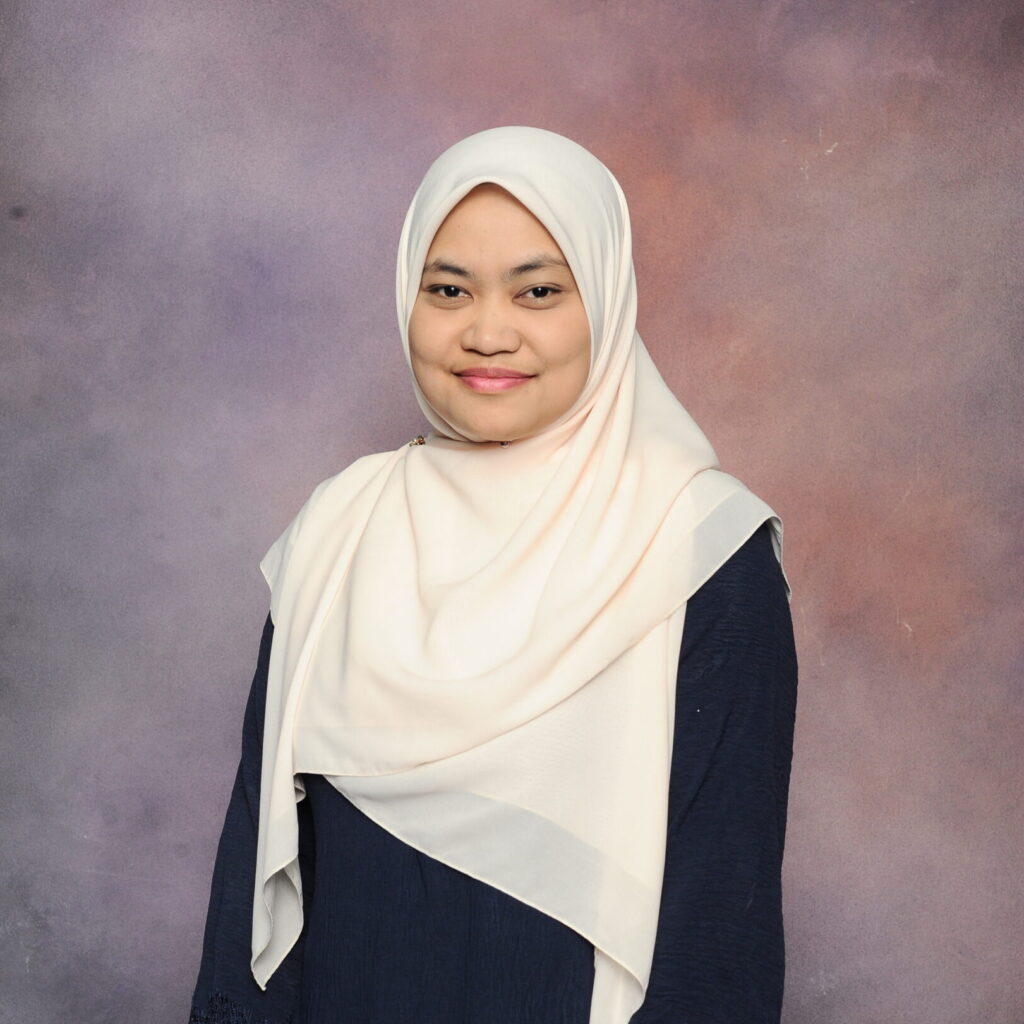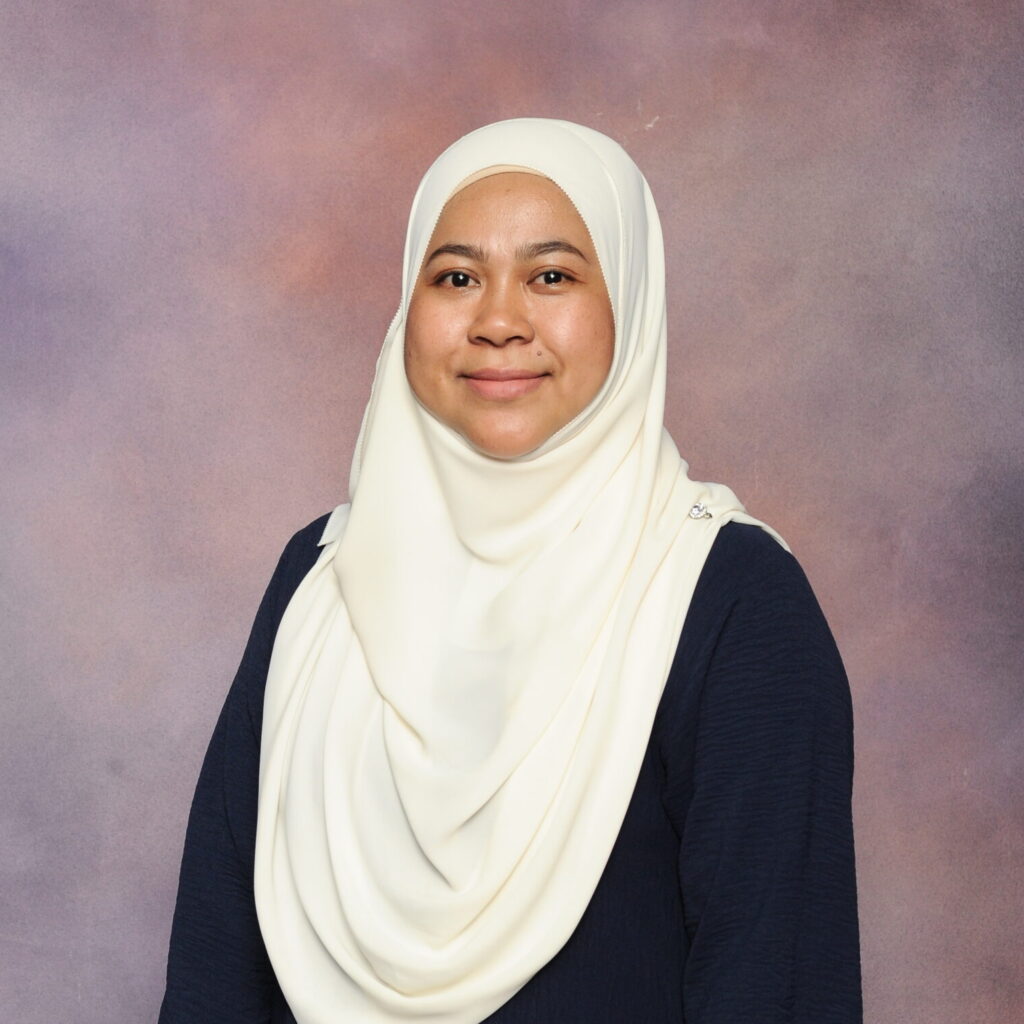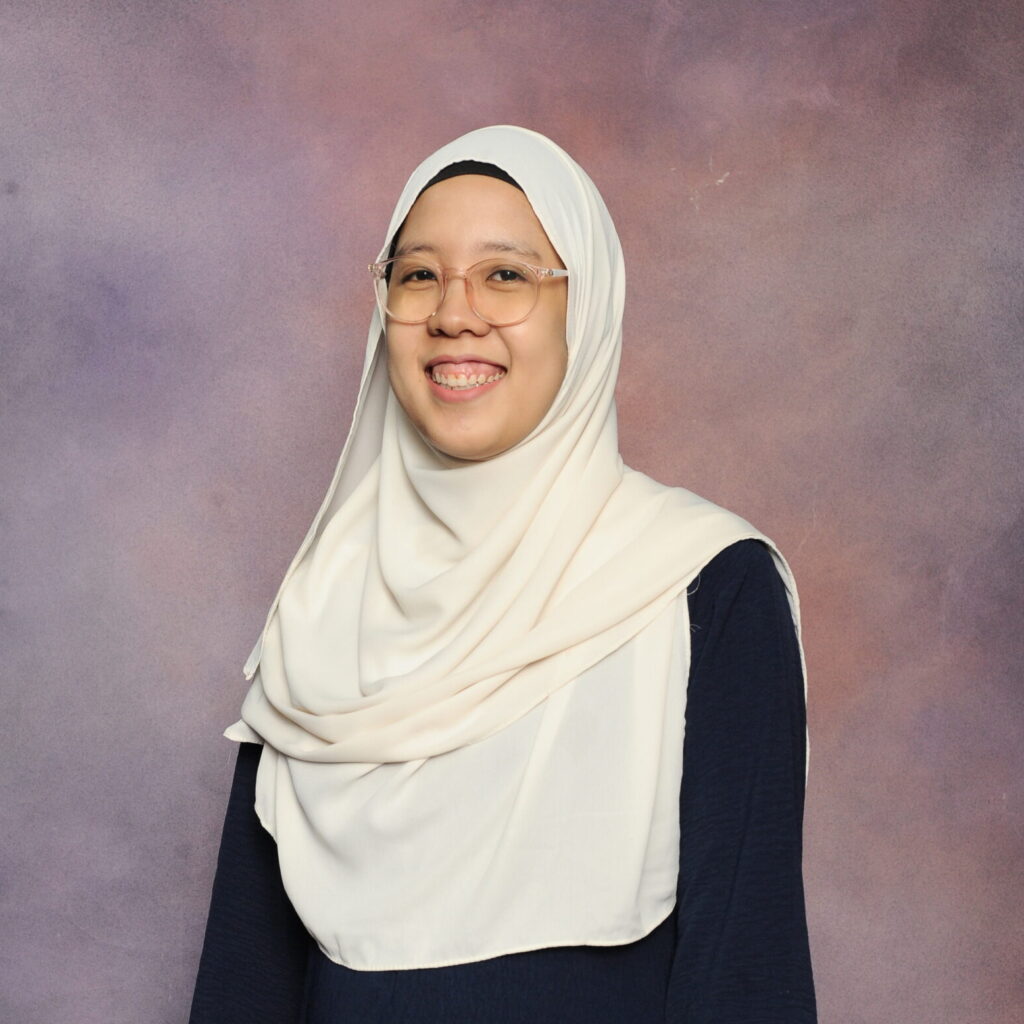Welcome to the Education for Sustainable Development Unit
At the Sejahtera Centre for Sustainability and Humanity, our Education for Sustainable Development (ESD) Unit is at the forefront of IIUM’s innovative approach to sustainability. IIUM has embarked on a transformative journey, showcasing a Malaysian model of higher education that integrates sustainable development issues with Maqasid Syariah as its foundation. This model aims to break the traditional ivory tower approach, fostering collaboration with industry, government, and the community through the quadruple helix model. Our vision is to humanise education by pioneering instructional leadership and embedding trust (amanah) into our teaching, research, and community engagement activities, all built on the Sejahtera framework.
Our Mission
IIUM’s mission is to nurture students as balanced and harmonious individuals (Insan Sejahtera), aligning with the Falsafah Pendidikan Kebangsaan’s values-based holistic education. Our curriculum is designed to provide a conducive learning environment (culture of Iqra’) and promote comprehensive excellence through the convergence of knowledge founded on Tawhid. Our research agenda is focused on innovation relevant to Maqasid al-Shariah and the global Sustainable Development Goals (SDGs), aiming to achieve mercy for all (Rahmatan lil ‘Alamin).
Courses & Programmes
To advance this agenda, we have introduced and embedded new courses in our curriculum, making sustainability a core component of our educational offerings:
Sustainable Development: Issues, Principles & Practices
This course offers an in-depth exploration of sustainability challenges, principles, and practices. Students engage with key issues such as environmental sustainability, social equity, and economic resilience, while learning strategies to promote sustainable development.
These courses integrate academic learning with practical community engagement. Usrah in Action 1 focuses on community profiling and issues mapping, while Usrah in Action 2 focuses on empowering students to design and implement sustainability projects that impact the community based on the community profiling conducted.
Master in Sustainability Science
Our Master’s programme prepares students for leadership roles in sustainability. It covers advanced topics in sustainability science, policy development, and strategic planning, with an emphasis on international networking and practical application.
Meet Our Team
Our dedicated team is here to support and guide you through your sustainability education journey. For inquiries or further information, please contact:
